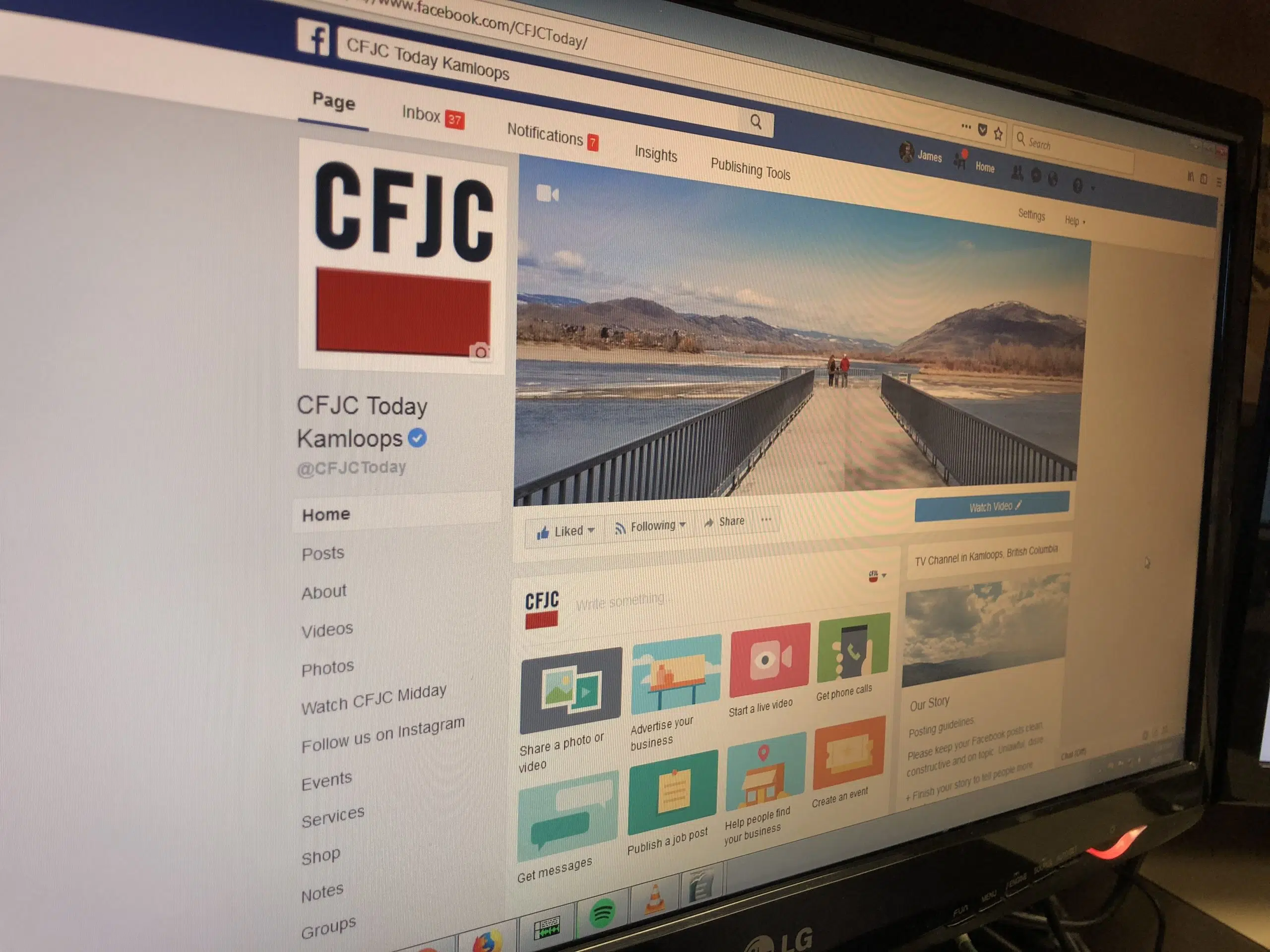
In defence of Facebook
I LIKE FACEBOOK but I’m not an apologist for the social media giant.
Facebook has done things wrong. They failed to prevent Cambridge Analytica from gathering detailed information of millions of users. The method used was especially disturbing. They developed a quiz in which 270,000 people responded. Then the response snowballed to 50 million as data from friends was gleaned.
However, while Cambridge Analytica’s tactics were sneaky, they didn’t get anything more than what they could have obtained through a paid ad. Facebook says they are going to make the source of those ads transparent. CEO Mark Zuckerberg says: “People should know who is buying the ads that they see on Facebook.” About time.
Last year, Facebook admitted that Russian provocateurs bought 3,000 ads. The ads were insidious because they generated anxiety over social issues: immigrants, gun rights and the LGBT community. This disquiet played well in the hands of the populist Donald Trump.


